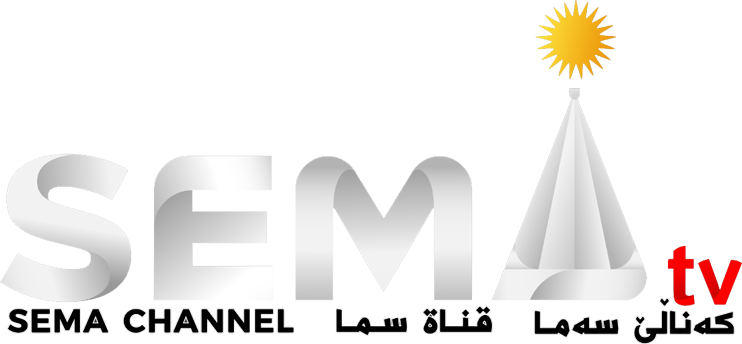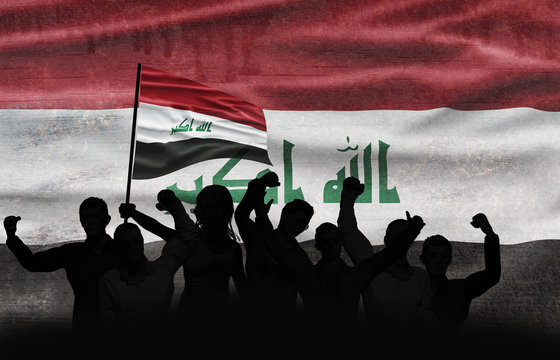SEMA
The aptitude to cope with these issues in the coming year will principally hinge on political stability, institutional capacity, and international support.
According to extensive analyses from several research institutions, including the United Nations International Development Bank and Chatham House’s Iraq 2025 Outlook, Iraq is set to face a complicated web of interrelated challenges heading into 2025.
Here’s a comprehensive examination of the likely challenges:
Security and Stability Concerns
Iraq continues to wrestle with continuous security threats, primarily from ISIS remnants and militia groups.
The challenge of border security continues to be significant, complicated by smuggling operations. A particularly intricate issue is the incorporation of militia groups into the regular security forces, which represents both operational and political challenges.
Constitutional and Political Deadlocks
The ongoing constitutional disputes between the Kurdistan Region and the federal government remain unsolved, creating governance challenges.
The reinforcement of anti-corruption institutions faces noteworthy resistance, while electoral reform remains a contentious issue among political factions.
These political gridlocks could considerably impact the country’s stability and development trajectory.
Economic Vulnerabilities
Iraq’s economy continues to be heavily reliant on oil revenues, making it susceptible to price fluctuations in global markets.
Foreign investment is obstructed by security concerns, while the massive costs of post-war reconstruction continue to strain the national budget.
The necessity for crucial infrastructure development deepens these economic challenges.
Foreign Policy Complications
Iraq faces strategic challenges in handling its relationship with post-Assad Syria and balancing international pressure to reduce Iranian influence.
The country’s relationships with Arab states remain lukewarm, affecting regional cooperation opportunities. This complex diplomatic landscape requires cautious navigation to sustain stability and advance national interests.
Social Security Weaknesses
There are constant concerns about minority rights and representation in legal reforms.
Proposed legislation involving women’s rights has raised noteworthy concerns among civil society groups. The situation of people with special needs continues to worsen because of inadequate support systems and infrastructure.
Environmental Challenges
Perhaps most urgently, Iraq faces grave environmental challenges, including water scarcity and desertification.
Projections show a potential 50% reduction in regional water resources, leading to increased rural-to-urban migration. This environmental crisis could worsen existing social and economic pressures.
These forecasts reflect the complicated interchange between Iraq’s internal dynamics and external pressures.
The country’s position at the intersection of regional powers, its diverse demographic makeup, and its historical context all contribute to these multi-layered challenges.
The aptitude to cope with these issues will principally hinge on political stability, institutional capacity, and international support in the coming year.

